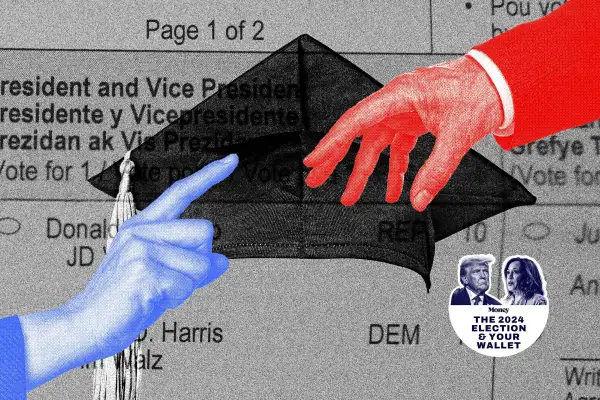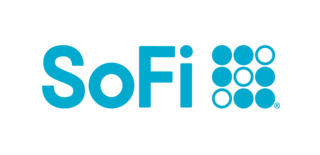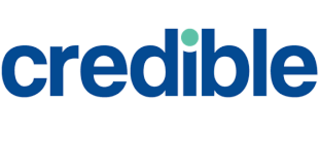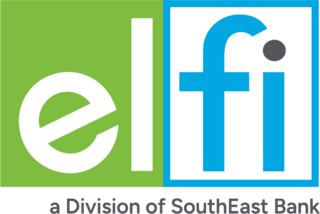Harris vs. Trump on Student Loan Forgiveness: Here's Where the Candidates Stand

Student loan borrowers eager for more help from the government could see dramatically different policies next year depending on who takes residence in the White House.
With nearly 1 in 5 U.S. adults carrying education debt, student loan policies tend to rank behind other economic issues in voters' eyes. Still, roughly 4 in 10 adults say they think it is extremely or very important for the federal government to provide student debt relief, with current borrowers and Democrats supporting the idea in larger numbers, according to a June survey from the AP-NORC Center for Public Affairs Research.
Student loan forgiveness played a major role for Democrats during the 2020 campaign, but Vice President Kamala Harris has shied away from the topic at recent campaign events. She also hasn't laid out a detailed plan for student debt.
Former President Donald Trump, on the other hand, has criticized the Biden administration's student debt policies while on the campaign trail. But he, too, hasn't released any alternative plans for helping borrowers manage their student debt.
Without substantial plans to go off, here’s what we know about each candidate's view on student loan forgiveness based on their past actions and statements.
Harris’ stance on student loan forgiveness
Despite Republican-led legal opposition to the Biden administration’s headline student loan forgiveness plans, the Education Department has still been able to cancel a huge swath of debt. More than 5 million borrowers have had their loans forgiven in the past four years, totaling more than $175 billion in canceled debt.
Harris has touted those actions even if she hasn’t focused on student loan forgiveness during her campaign.
Earlier this month, after the White House announced it had forgiven the debts of more than 1 million borrowers through the Public Service Loan Forgiveness program, Harris said in a statement that she was "proud" of the administration’s progress and she’d continue to work to "relieve the burden of student debt." (That is all she says about the topic on her campaign website, too.)
When Harris ran in the 2020 Democratic primary, she pitched a complicated plan for student loan forgiveness that offered narrow debt cancellation. It called for forgiving the loans of borrowers who had received federal grants while in college and had launched businesses. But like President Joe Biden, she’s been pulled to the left on the issue after extended pressure from progressive politicians to deliver on more universal student loan forgiveness.
In that sense, a Harris presidency would likely mean a continuation of the same policies the Biden administration is currently pursuing, including fighting for the new, more generous Saving on a Valuable Education repayment plan, which is on hold due to a court injunction. It’d also likely mean carrying on with the Plan B student loan forgiveness proposal, which aims to forgive debts of borrowers in specific scenarios, including those facing financial hardships. That plan is also facing a court challenge.
Trump’s stance on student loan forgiveness
The outcome of the court cases blocking the two Biden administration student debt policies may not matter all that much if Trump wins the election; he is likely to overturn both plans.
When the Supreme Court struck down Biden’s first student loan forgiveness plan, which called for up to $20,000 of forgiveness per borrower, Trump called it a win for the American people. More recently, he questioned the legality of the administration’s debt policies and called them "vile" at a rally in Wisconsin. And during the presidential debate, he described the administration’s work on student loan forgiveness as a "total catastrophe."
When Trump was in office, his administration weakened a regulation known as “borrower defense to repayment.” The rule, which dates back to the 1990s, calls for forgiving the loans of students who the government determines were deceived by schools with misleading enrollment pitches. (The Biden administration has since expanded forgiveness under the rule.)
Trump’s budget proposals during his presidency also called for eliminating Public Service Loan Forgiveness. At the time, approval rates for that program — which was put into law in 2007 under then-President George W. Bush — were dismal, with a roughly 99% rejection rate.
While Trump opposes any broad-based student loan forgiveness, he has supported the theory of income-driven repayment plans in the past. Those plans set monthly student debt payments based on how much the borrower earns, but they also offer some loan forgiveness after an extended repayment term. (Biden’s version of an income-driven plan, SAVE, is what is currently being challenged in court.)
During his time in the White House, Trump floated the idea of simplifying repayment by combining multiple existing income-driven plans into a single new plan. It was a mixed bag for borrowers: Those with undergraduate loans would have seen their monthly payments increase slightly, but they would have been able to qualify for loan forgiveness five years earlier than they previously could. Graduate borrowers would have had to pay longer before getting any of their loans forgiven.
The proposal was never implemented, and he hasn’t spoken recently on his stance on reforming the student loan repayment system.
Finally, Trump paused federal student loan payments and waived interest to help borrowers during the pandemic — a policy that was extended twice during his presidency and several more times after Biden took office.
Harris vs. Trump on other college issues
In terms of other higher education issues, both campaigns have touted the importance of focusing on value and affordability.
Harris’s campaign website says she’ll "fight to make higher education more affordable, so that college can be a ticket to the middle class." As a senator, she co-sponsored a bill that called for free tuition for all students at community college and free tuition at public universities for students from families earning less than $125,000. The bill never made it past the committee stage. She’s also campaigning on a push to expand economic opportunities for those without a four-year degree.
Under Trump’s promise to "bring back the American Dream," his platform calls for "the creation of additional, drastically more affordable alternatives to a traditional four-year College degree." There are no details beyond that.
Trump, in a common conservative talking point, has also criticized the Department of Education repeatedly, naming it one of the federal agencies that should be eliminated. He campaigned on that idea before his 2016 victory, though he never took any action on it once elected.
More from Money:
4 Things to Do With Your Money Before the Election
Harris vs. Trump on Housing: Each Candidate's Plan to Lower Costs for Homebuyers and Renters
Election 2024: How Trump Set Himself Apart From Harris on Crypto







